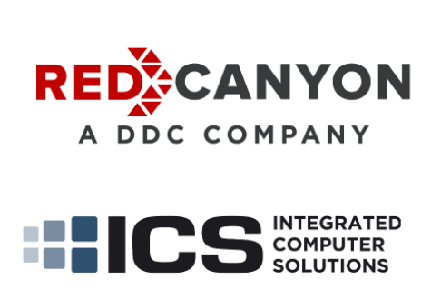 It’s called the connector. The section of highway where I-75 and I-85 join together to pass through the booming metropolis of Atlanta. It is almost always congested, and it carries a lot of information, not unlike the building that used to rise above the north end of the massive swath of concrete. That’s where the Equifax building used to be, and might still be. It, too, might be called the connector, because the American connection to consumer credit has generated a massive swath of information that runs through most human transactions. The building used to rise like a citadel from the hillside it occupied, keeping safe the vital numbers and names that enable our movement through the American financial infrastructure.
It’s called the connector. The section of highway where I-75 and I-85 join together to pass through the booming metropolis of Atlanta. It is almost always congested, and it carries a lot of information, not unlike the building that used to rise above the north end of the massive swath of concrete. That’s where the Equifax building used to be, and might still be. It, too, might be called the connector, because the American connection to consumer credit has generated a massive swath of information that runs through most human transactions. The building used to rise like a citadel from the hillside it occupied, keeping safe the vital numbers and names that enable our movement through the American financial infrastructure.
And then it got hacked. Again.
As reported in the NY Times and elsewhere, the sensitive data of as many as 143 million American consumers was breached in September. It wasn’t the first time and is likely not the last. The reasons for Equifax’s unusual vulnerability are many, but cybersecurity professionals have criticized their decision not to upgrade their security infrastructure after the previous breaches. Makes them an easy target again and again.
ICS: Connect, Detect, and Protect
When breaches like this are made public, the natural reaction should be to check your organization’s own vulnerabilities. You have every reason to be concerned. Bigger fish have fried in times like these.
You also have every reason to call ICS. We work with organizations of all types and sizes. We assess vulnerabilities and test existing security measures as part of comprehensive efforts to keep your data and customers safe.




